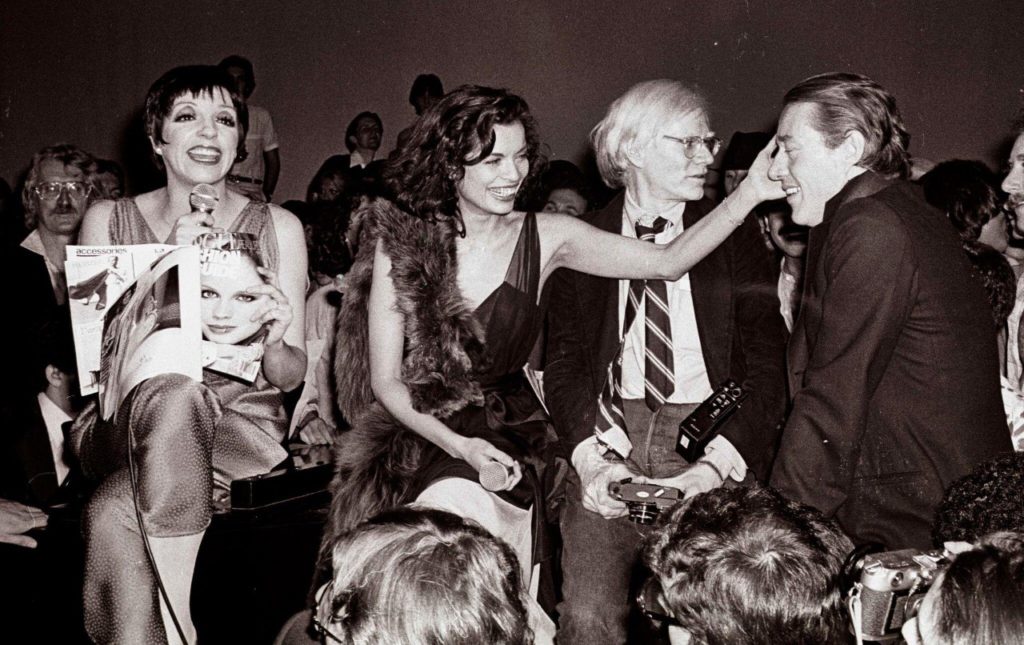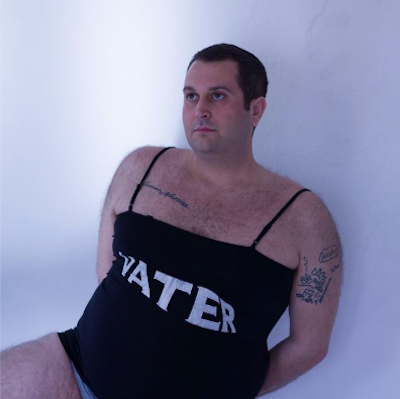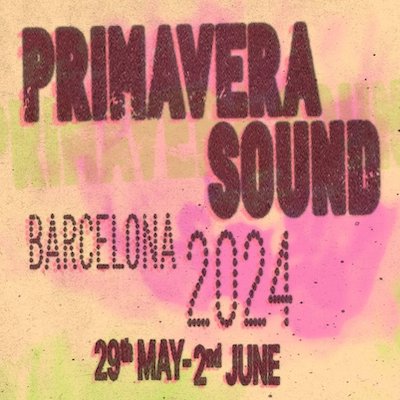
This was about disco and dancing, but it was also spectacular theatre"
Given the subject matter I don’t think Studio 54 could have failed to be a lot of fun, and Matt Tyrnauer’s new documentary doesn’t disappoint.
Opening in April 1977, the club was an overnight sensation, attracting a host of New York’s most glamorous celebrities who partied alongside gays and ordinary partygoers. Andy Warhol, Grace Jones, Liza Minnelli, Diana Ross, Liz Taylor, Mick Jagger, Truman Capote, Jerry Hall and many others were all regulars. The strict but arbitrary door policy was legendary (Nile Rogers and Chic once couldn’t get in for Grace Jones’ New Year’s Eve party). Bianca Jagger rode a white horse inside the club; a giant moon hung over the dancefloor with a spoon under its nose (the volume of drugs consumed was notorious). There were mattresses in the basement. This was about disco and dancing, but it was also spectacular theatre.
Here, the story of the legendary disco is mostly narrated by co-owner Ian Schrager, who has also released a book (which we see him working on at the start of the film). His business partner Steve Rubell, the flashier of the two, died from AIDS-related complications in 1989, so the story is left to Schrager to tell.
As a result, the documentary is less the story of the club itself (no mention that it actually stayed open till 1986) than it is of its owners, who both went to jail in 1980 for skimming millions. Rubell had stupidly said in a newspaper interview that ‘only the mafia makes more money’ and shortly afterwards the IRS raided the building, finding bags of cash and drugs hidden in the ceiling. The club was sold and though it later re-opened, 1980 was the definitive end of the disco era. Tyrnauer’s film does a decent job of putting all this into historical context, from the emergence of disco music (created by black artists and at first only played in gay clubs) to the Disco Demolition Night and shift into the more culturally conservative 80s.

Though Schrager’s interview understandably dominates the film, there’s also plenty of input from the surviving bouncers and barmen who worked at the club, as well as the photographers and partygoers who were regulars. Nile Rogers pops up, though I’d like to have heard more from him (were Liza and Bianca asked to contribute?). There’s some good archive footage of the club itself, and a predictably fun disco soundtrack that really captures some of the pure joy of going out. They missed a trick, though, by not using disco music throughout, instead opting for the bland generic music that every TV documentary seems to favour (I assume it’s cheaper).
Whilst this is a familiar story that doesn’t give us anything radically new, it’s still a treat for anyone who is a fan of the era. Disco seems to have come back into fashion somewhat recently, after a long period of being maligned as ‘cheesy’. This film reminds us it was counter-cultural but also, just as importantly, fun.
Review by Matt Harris
Studio 54 is in cinemas and available on demand









